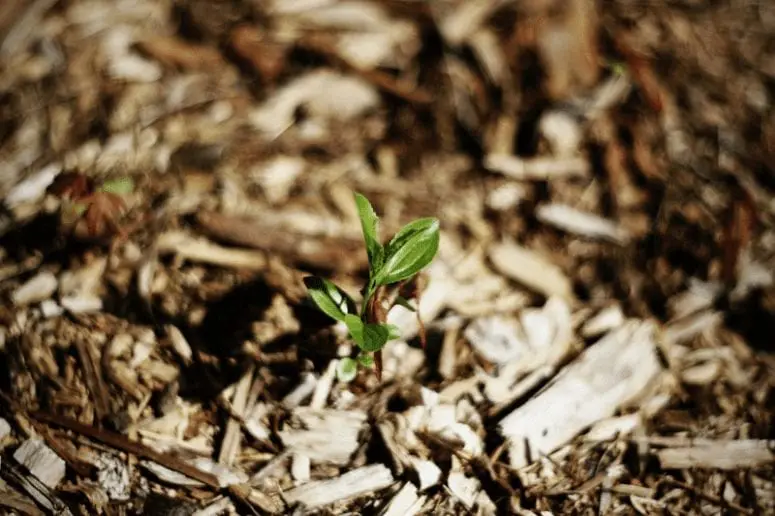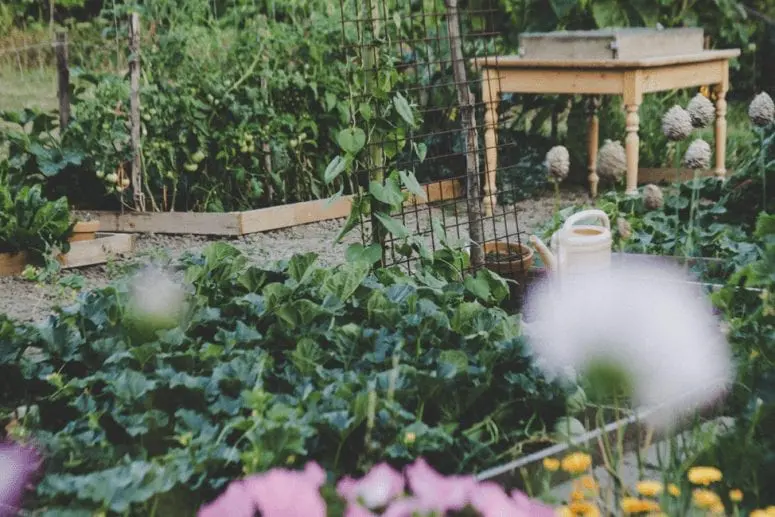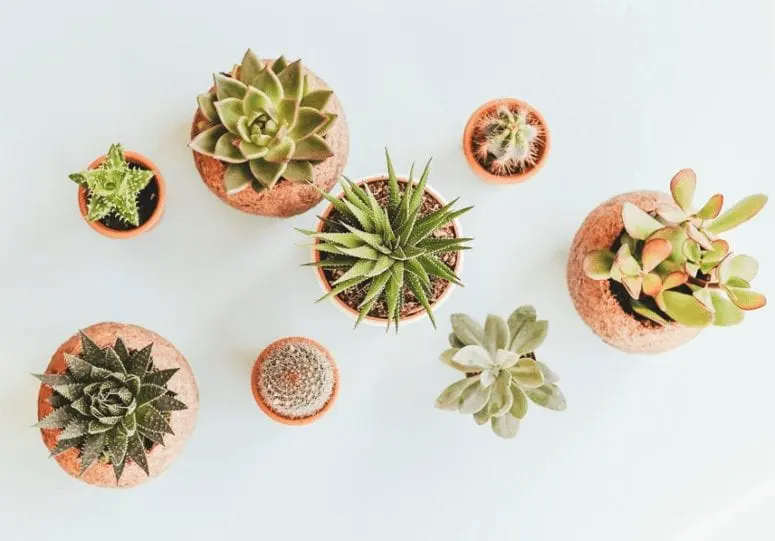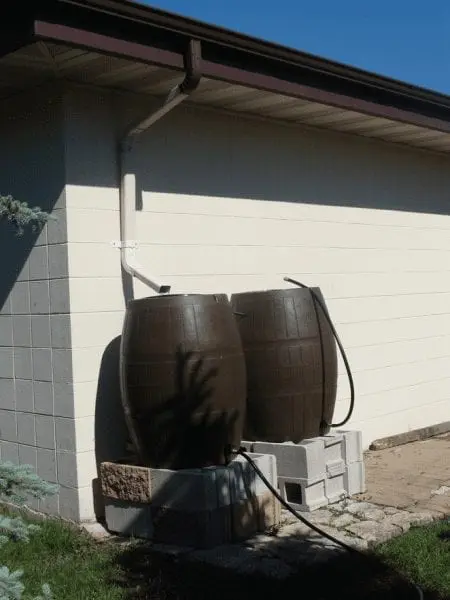Gardening On A Budget: 7 Frugal Tips You Have To Try This Spring
You’ve daydreamed about it, you’ve pinned an exorbitant amount of projects on Pinterest, and now you’re finally making the plunge: you’re starting a garden. Starting a garden from scratch in your backyard can be a rewarding project, but it certainly takes a bit of time, patience, and investment.
But before you hit the home and garden store and invest a small fortune in soil, tools, raised garden beds, and seeds, consider some ways you can save yourself a buck or two (or a hundred). Read on to learn more about how you can garden on a budget with some of our favorite frugal gardening tips.
1. Turn Your Fallen Trees (Or Christmas Tree) Into Mulch
Mulch can be a beneficial addition to your garden. It keeps weeds at bay and provides your plants with the nutrients they need to survive. Mulch can be purchased in large quantities at most home and garden stores, but it’s factory-made and can have chemical properties in it.

Homemade mulch, on the other hand, combines a variety of natural compounds such as leaves, grass clippings, compost, and wood chips to offer your garden beds a whole host of beneficial nutrients.
What’s better is that if you already have wood chips from pruning your trees, homemade mulch is free! Another option is to turn your Christmas tree into mulch when the holiday season is over. The Boy Scouts do this already, so why not do it for your own garden?
2. Build Your Own Garden Beds
If you’re considering going the raised garden bed route for your garden, consider building your own! Whether you’re using scrap wood pallets or purchasing your own wood at a local hardware center, it’s still cheaper than ordering one of the pre-made raised garden beds online. It can be a fun winter project while you wait for the gardening season, too!

If you do opt for reclaimed wood, however, make sure that you’re choosing wood that isn’t treated with any chemicals, especially if you’ll be using the raised garden bed to grow any edible plants.
3. Opt For DIY All-Natural Weed Control
Once your garden is up and running, it’s almost a guarantee that one of the first obstacles you’ll run into is weeds. Weeds are the bain of every gardener’s existence, but they don’t have to take over your life. And you don’t have to spend a fortune on chemical-ridden pesticides either.
There are a plethora of natural weed killer recipes available online, along with a whole host of other natural weed maintenance alternatives. And many natural weed killers require ingredients that you probably have sitting around your house anyway. Save yourself some money and prevent chemicals from damaging your soil at the same time!
4. Collect Rainwater To Water Your Plants
Along with watering your lawn for hours on end, watering your garden beds with a free-flowing hose can not only be a waste of water, but it can really skyrocket your water bill. If you live in an area that gets at least some rain, you should consider collecting rainwater. Setting up a rain catchment system is relatively easy and is a project that can be completed in the afternoon.
Not to mention, rainwater is actually better for your plants as compared to tap water. Tap water has additives like fluoride, salts, and chlorine that are fine for humans but aren’t preferred by plants. You may notice that your plants grow taller and happier when they’re fed some good old-fashioned water from the sky.
5. Propagate Your Plants
On the r/succulents subreddit, there is an ongoing joke of “cleaning up” the succulent aisle at Home Depot. Aka, picking up fallen succulent leaves from the ground of a local hardware store, taking them home, and propagating them into a full plant. Now, we don’t recommend that you go steal succulent leaves from a store, but we do recommend propagating the plants that you have rather than buying a whole new plant.

As long as you have plenty of sun in your window, propagating succulents at home is super easy and will save you some money. Sooner or later, you’ll have so many plants that you won’t know what to do with them all! We suggest giving them away as gifts to family or growing your very own succulent garden!
6. Save The Seeds
Seed saving isn’t a new practice: gardeners have been doing it for 12,000 years! Not only does saving your seeds allow you to plant a whole new garden in the spring, but it preserves any heirloom seeds that you choose to plant. Check out to learn more about how to save seeds. And if you’re on the fence, check out this article about why you should save your seeds.
And, of course, saving seeds will save you money, too! Rather than ordering through a seed catalog every year, you can plant the seeds you saved from last year’s harvest.
7. Seed Starting Made Easy with Egg Cartons:
For those looking to embrace gardening on a budget, egg cartons can be an ingenious solution for seed starting. These humble containers can be repurposed into biodegradable seedling starters. Fill each compartment with soil, plant your seeds, and let them sprout. Once your seedlings are ready for transplant, the carton can be directly placed into the soil, minimizing transplant shock. This frugal hack saves money and promotes sustainability, allowing you to kick-start your spring garden without straining your budget.
8. Host a Garden Plant Swap Party
Who doesn’t love an excuse to throw a party? Especially when it involves saving a little bit of cash! Plant swap parties are exactly what they sound like. You get all your gardening friends together, everyone brings a few plant cuttings, and in return, everyone gets to take home a new plant to propagate!

Whether you’re starting a new garden in the spring or are just looking for ways to become a frugal gardener, keep in mind that gardening is all about creativity. No matter what you decide to grow or where you grow it, there are always genius, time, money, and headache-saving hacks to make your garden the best it can be.
Author Bio: Leigha Staffenhagen is the managing editor of Insteading.com, a homesteading and sustainability site focusing on everything from gardening and raising chickens to tiny living and off-grid homes.










